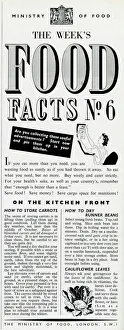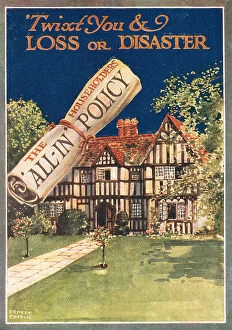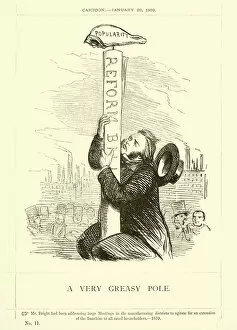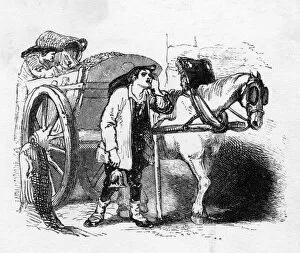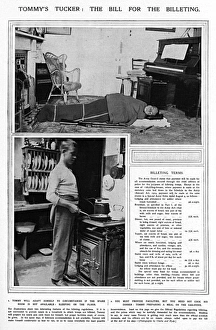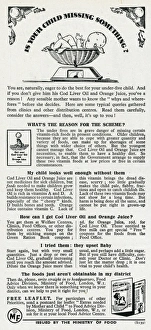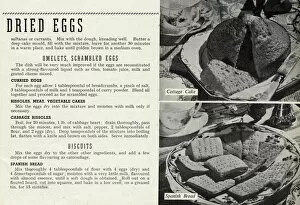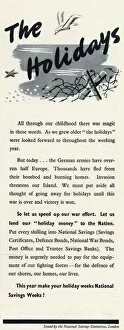Householders Collection
"Householders: Navigating Life's Challenges through the Ages" Step back in time and explore the fascinating world throughout history
All Professionally Made to Order for Quick Shipping
"Householders: Navigating Life's Challenges through the Ages" Step back in time and explore the fascinating world throughout history. From wartime struggles to everyday triumphs, these individuals have played a vital role in shaping our society. In 1940, an advert for the Ministry of Food urged housewives to make every meal count during times of rationing, highlighting their crucial role in ensuring everyone had enough to eat. Similarly, an Eagle Star British Dominions Insurance advert showcased how homeowners protected their properties amidst uncertain times. During World War I, housewives were tasked with providing food for billeted soldiers, showcasing their resourcefulness and resilience. Meanwhile, another Eagle Star British Dominions Insurance advert emphasized the importance of fire safety by promoting link extinguishers - a responsibility shouldered by vigilant householders. Even further back in history, a Punch cartoon from 1859 depicted John Bright climbing a greasy pole symbolizing his political ambitions. This humorous portrayal reminds us that they have always been engaged citizens who shape public discourse. The daily routines of households also involved practical matters such as waste management. Dustmen and carts collecting refuse were essential figures within communities – maintaining cleanliness and hygiene for all residents. One notable figure was William Kitchener Beadl who tirelessly advocated for better living conditions among working-class households during the early 20th century. World War I brought about new challenges as housekeepers dealt with accommodating billeted soldiers within their homes while managing limited resources outlined in "The Bill for Billeting Soldiers. " Their adaptability ensured comfort even during tumultuous times. Post-war years saw adverts from the Ministry of Food urging housewives to embrace dried egg recipes as they continued to navigate scarcity and rebuild after conflict. These campaigns highlighted how resilient householders found innovative ways to provide nourishment despite limitations. As we reflect on these historical snapshots, it becomes evident that they can not merely occupants but pillars of strength within their communities.

